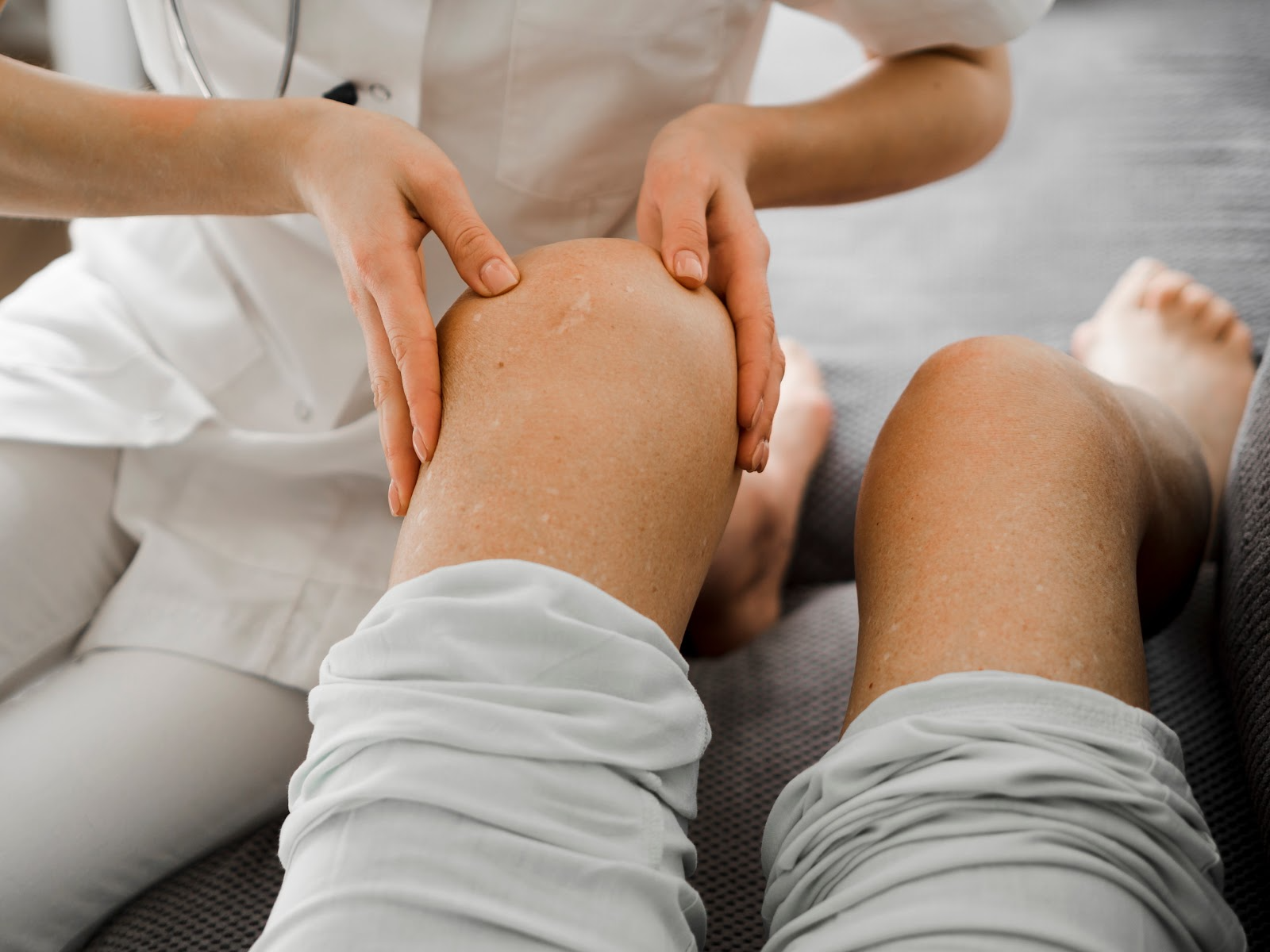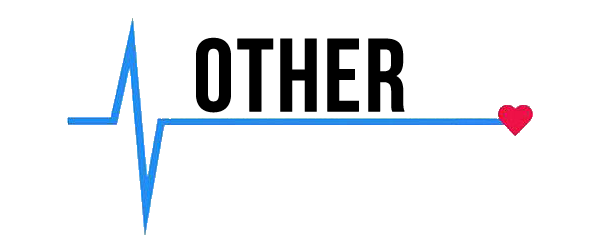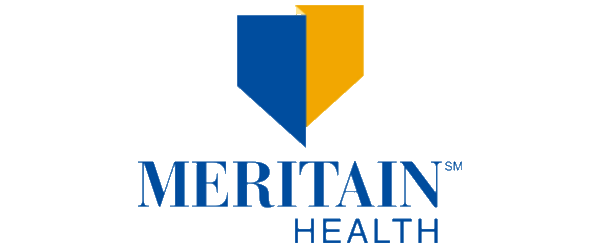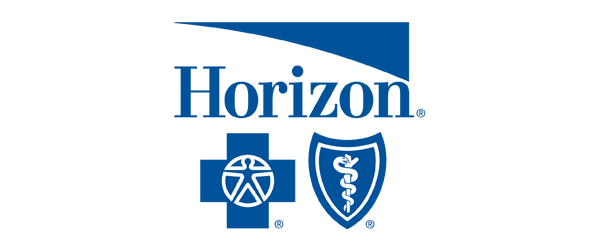Do you experience a heavy leg feeling when you walk or move? This feeling can be characterized by having stiff and tired movements in the lower body.
If that’s the case, you may have a condition called heavy legs. Heavy legs can have a huge impact on your daily life and hinder you from doing any productive work.
In this article, we’ll discuss how to solve aching heavy legs by identifying its causes and symptoms. We’ll also mention relief options to help you address this condition properly.
What Do Heavy Legs Feel Like?
When a person has heavy legs, their lower body feels weighed down each time they take a step. Movements feel sluggish, the leg muscles feel tight, and the sensation worsens each time you move your lower body.
Individuals who experience heavy legs may also feel discomfort or pain in their thighs, calves, and feet. The condition can also be exacerbated by poor circulation of blood. When there isn’t enough blood flow, it can cause swelling in the lower extremities.
What Causes Aching Heavy Legs?
Heavy legs are a common symptom of various conditions, such as:
- Peripheral Artery Disease
- Chronic Venous Insufficiency
- Deep Vein Thrombosis
Peripheral Arterial Disease (PAD)
PAD is a form of cardiovascular disease wherein fatty deposits form around the artery walls. This narrows the arteries and limits blood circulation (especially in the lower extremities).
One of the common symptoms of PAD is having chronic heavy legs. This happens because the reduced blood flow limits the amount of oxygen delivered to the lower legs during physical activities.
The lack of oxygen leads to muscle fatigue and discomfort. Lowered blood circulation causes varicose veins to start appearing.
Chronic Venous Insufficiency (CVI)
CVI is a condition wherein the leg veins have difficulty returning blood to the heart. This happens when the valves in your veins get damaged and cause blood to flow backward.
The blood starts to pool in your legs, restricting blood flow and contributing to the sensation of heavy legs. The increased pressure can cause swollen legs that get increasingly painful over time.
Deep Vein Thrombosis (DVT)
DVT is a venous disease characterized by blood clots forming in one of the deep veins in the body.
These veins are usually found in the lower leg, and because the blood clot restricts blood circulation, the lower body experiences pain and swelling,
People with DVT often experience pain and redness in their lower body. The symptoms can worsen with prolonged standing or walking due to poor blood flow.
Symptoms and Risk Factors of Heavy Legs
- Pain and discomfort: Legs feel sore or heavier than usual or as if muscles have been exercised even when they have not.
- Swelling and inflammation: Swelling in the legs can be a sign of underlying conditions such as varicose veins, PAD, or lymphedema. Inflammation can exacerbate symptoms of heavy legs.
- Fatigue and weakness: Fatigue and weakness in the legs can be caused by poor blood flow, overtraining syndrome, or underlying medical conditions.
- Age and genetics: Women are more likely to develop vein disease than men due to fluctuations or spikes of the estrogen hormone. Genetics also plays a role in the appearance of venous insufficiency and related symptoms.
- Lifestyle factors: Pregnancy can cause heavy legs due to increased blood volume and pressure on the veins. Sedentary behavior can also contribute to poor blood flow and increase the risk of heavy legs.
Relief Options for Aching Heavy Legs
Having aching legs doesn’t mean you need to bear the pain and discomfort. There are plenty of relief options to alleviate the condition and improve your quality of life. Make sure to try these out:
Elevate Your Legs
Elevating your legs can help improve blood flow from your legs and back to your heart.
When you elevate your legs above heart level, gravity does most of the work of recirculating blood that may have pooled in your lower extremities.
Do this for about 15-30 minutes daily whenever you have the chance. Also, it’s a good idea to elevate your feet when sleeping to ensure proper blood circulation at night.
Wear Compression Socks
For individuals who experience pain and swelling due to heavy legs, wearing compression socks can help promote blood flow in your lower body.
Compression socks apply gentle pressure onto your legs and improve blood circulation from your feet to your heart.
It’s recommended to wear compression stockings when you spend the majority of your work hours in a standing or sitting position.
Limit Salt Intake
Reducing salt intake is also important for managing heavy legs. Excess salt consumption can cause your body to retain more water and inevitably, lead to edema.
Edema is the swelling of body tissue due to excess fluid. When this happens, it can exacerbate your condition of heavy legs.
Limit your salt intake to maintain a healthier fluid balance and minimize the swelling in your legs and feet.
Stay active
Maintaining healthy lifestyle changes can go a long way toward addressing aching, heavy legs. You can start with low-impact exercises in your daily routine, like walking, jogging, and aerobics.
Overweight people are more likely to develop painful varicose veins because of poor blood circulation. That’s why it’s important to stay active to lose weight and relieve the pressure from your blood vessels.
You don’t have to do intense workout sessions. All you need is to switch your sedentary habits with active lifestyle choices.
Medical Treatments
There are instances where aching, heavy legs require immediate medical treatment. When other concerning symptoms like these accompany the condition, you should seek medical attention immediately.
- severe swelling in one or both legs
- sudden onset of leg pain
- discoloration of the legs (redness, bluish or pale skin)
- warmth or tenderness in the legs
- numbness or tingling in the legs
- difficulty walking or performing daily activities
- history of cardiovascular issues or blood clots
- strong urge to always move the legs (restless legs syndrome)
Your doctor will recommend the appropriate treatment for your condition and relieve you from high blood pressure and leg discomfort with blood pooling for long periods.
Say Goodbye to Vein Problems and Heavy Legs with Wellness and Pain
Wellness and Pain specializes in vein health and offers comprehensive treatments to improve your overall well-being. If you’re suffering from vein disease associated with heavy legs, Wellness and Pain can help treat your condition.
To learn more about their services, give them a call at (844)-949-2358 or request an appointment with this form.
FAQ About Aching Heavy Legs
Do heavy legs go away on their own?
No. Heavy legs do not go away on their own. You need to address the root cause of the condition to see significant improvements in your health.
What medications help with alleviating heavy legs?
Over-the-counter pain relievers and prescription medicines like vasodilators and anticoagulants can help manage symptoms of diseases associated with heavy legs.
Is it safe to wear compression socks while sleeping with heavy legs?
It is generally not recommended to wear compression socks while sleeping unless specifically advised by a healthcare provider. They are designed for use during the day to help improve blood flow.











